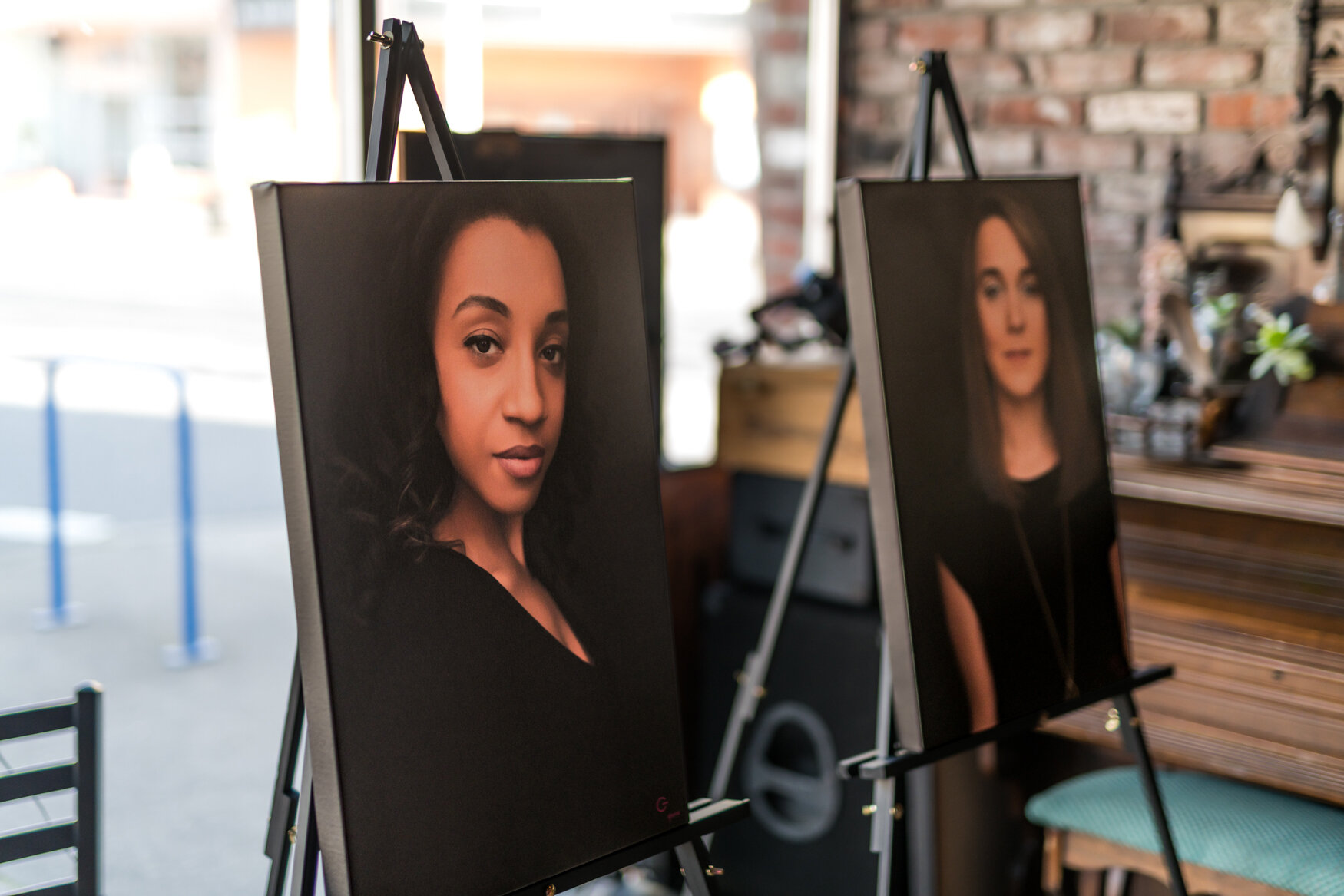Does story really change culture?
By Jennifer Cloer
The power of ‘story’ is no doubt a buzzword, and the phrase ‘power of story’ a cliché. Every marketer, public relations flak and journalist will opine about the inherent power and influence of story. But the reality is that they’re right.
The power of story is often taken for granted in the massive swamp of social media and volume of content in the digital information age. But it is exactly in this world of data and information overload that engaging stories can rise above the clutter to connect, engage and change culture. Language and the telling and sharing of stories is what differentiates the human species from most other species on earth. And, there is evidence throughout human history of the impact of story on behavior and societies, from Homer’s Odyssey that shared stories about conquering cities with trickery that are mirrored in the Greek battle strategy that followed, to recent stories like that of George Floyd that advanced the narrative about race in new ways across America.
“Story has been scientifically proven to result in action and behavioral change, because when it connects on an emotional, visceral level, it creates empathy.”
To get really nerdy, consider this. Story has been scientifically proven to result in action and behavioral change, because when it connects on an emotional, visceral level, it creates empathy. Psychologists at Princeton have mapped brain patterns in storytellers and the people listening to their stories and have demonstrated that the same areas of the brain – the insula – light up at the same times, during emotional arcs in the story, leading to understanding and sensitivity.
And, Ohio State University psychologist Lisa Libby found when people identify with a protagonist in a story, they may take similar action. In one of her studies, when the protagonist stepped up to vote in the face of adversity, the consumers of the story were found to be more likely to vote later on.
Stories have long occupied a fundamental role in teaching cultural norms and values. Whether they take the form of children’s stories like Little Red Riding Hood; novels like Middlesex; films like Parasite; or public service campaigns like “only you can prevent forest fires,” stories have the power to define and shape culture. They do, indeed, influence what we believe and how we behave.
I’ve always believed in this power, and it’s why I studied journalism and went into storytelling and communications. But I didn’t really experience it first-hand until I created the Chasing Grace Project where we put women in tech in front of the camera and invited them to share the most intimate details about their experiences at work and in their lives. I saw women transformed, having aha moments within the process and journey of sharing their story. And the most powerful part was the result of sharing their story helped them feel more connected and less alone, which leads to inclusivity.
That’s why we’ve created this space, storychangesculture.com, for underrepresented and original voices to have a platform to share their stories and to be seen and heard. Let’s change our culture for the better - one story at a time.
Chasing Grace Project Ep1 Premiere | Photos by BeYOUtiful Portraits

